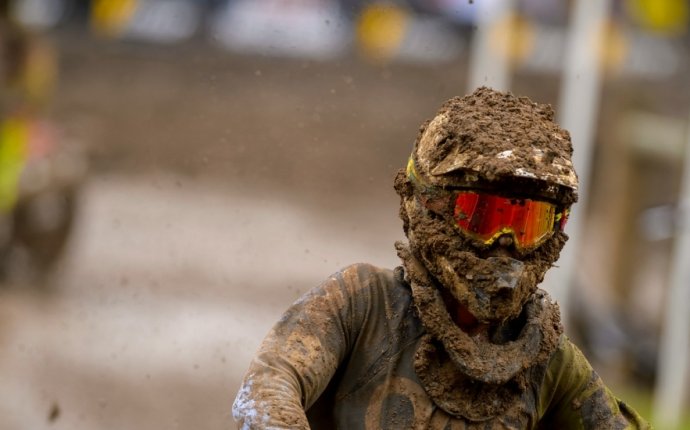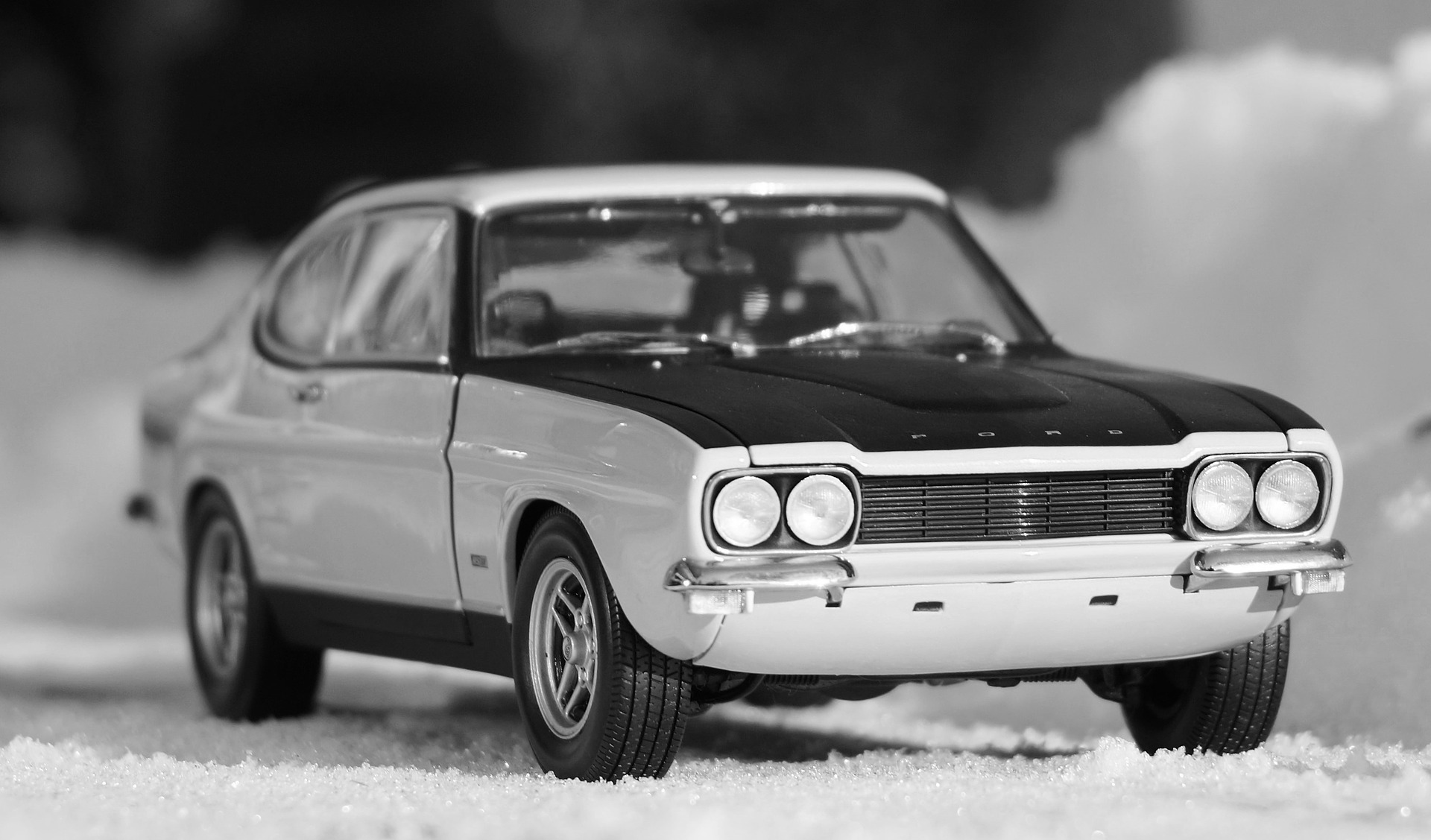
ATV Riding helmets
All-terrain vehicles are popular for recreation among adults and children, but they can be dangerous, as riders have little to no protection. A trauma doctor at Vanderbilt University Medical Center says that the best way riders can protect themselves is to wear a helmet.
Per a report by WKRN.com, Vanderbilt’s main hospital and it’s Monroe Carrell Jr. Children’s Hospital have had a combined 48 admissions for ATV crash-related injuries in 2017, with half of those admissions being due to head injuries.
The trauma doctor went on to say that people who wear helmets have better outcomes after ATV crashes than people who don’t wear them. Tennessee law doesn’t require that ATV riders wear helmets, but they’re vital for saving lives.
A sales manager at a local ATV dealer in Nashville told reporters that people who purchase ATVs should buy full safety gear for everyone who will ride them. Proper gear includes helmets, protective clothing, and boots.
Risk factors for ATV accidents include riding a vehicle that’s too large for a person’s body size, riding on pavement or streets, failing to use proper safety gear, and riding while under the influence of drugs or alcohol.
Facts about ATV Accidents
Like any motorized vehicle, ATVs can be dangerous if they aren’t treated with respect and caution by riders and passengers. The Tennessee Department of Safety and Homeland Security reports that there are around 100 injury-causing ATV accidents in the state every year, and around a dozen fatal accidents annually.
Some facts about ATV accidents that all riders should know include:
- ATVs aren’t designed to be driven on paved roads.
The safest place to operate an ATV is on grass, dirt, or other natural surfaces. Drivers are more likely to lose control of ATVs on concrete, asphalt, and paved surfaces. In addition, drivers and their passengers are more likely to suffer serious injuries when accidents occur on paved roads, as the impact with the ground may be more severe and they may be at higher risk of colliding with a vehicle.
- Children should ride age-appropriated ATVs, not adult-sized models.
The Consumer Product Safety Commission reports that around 90-percent of ATV-related injuries involving children are due to kids riding vehicles that are too big for them to safely maneuver and control. Never let your children ride adult-sized ATVs until they are at least 16 and have reached an appropriate height and weight recommended by the manufacturer.
- ATVs should carry only the number of passengers they’re designed for.
ATVs are more difficult to control and harder to slow down or stop when they’re overloaded. Single-rider ATVs are designed for only one person, and even a single passenger can increase the risk of an accident. In addition, two-seater ATVs should remain strictly for the usage of a rider and a passenger. Adding a third or fourth occupant is extremely dangerous.
- Training courses can reduce the risk of accidents.
Although ATVs are marketed as fun recreational equipment, they are just like any other motorized vehicle in that they require training and skill to use. Before riding an ATV or letting your children use one, sign up for a hands-on ATV safety course to learn how to smoothly accelerate, brake, shift gears, and turn.
At Matt Hardin Law, our legal team knows that ATVs can lead to serious accidents and critical injuries when they aren’t used properly. Make sure you read the safety instructions and operation manual for your ATV before you use it, have proper riding gear for everyone in your family, and never let your children drive a full-sized ATV if they’re under 16 or don’t reach the height and weight requirements.
If you or someone you know was hurt in an ATV accident caused by a negligent driver or other motorist, you may be eligible to pursue a claim for compensation. To find out how we can assist you, dial (615) 200-1111 or complete a free online consultation form. It’s our goal to help you recover maximum compensation for your medical bills, lost wages, and other accident-related expenses.









